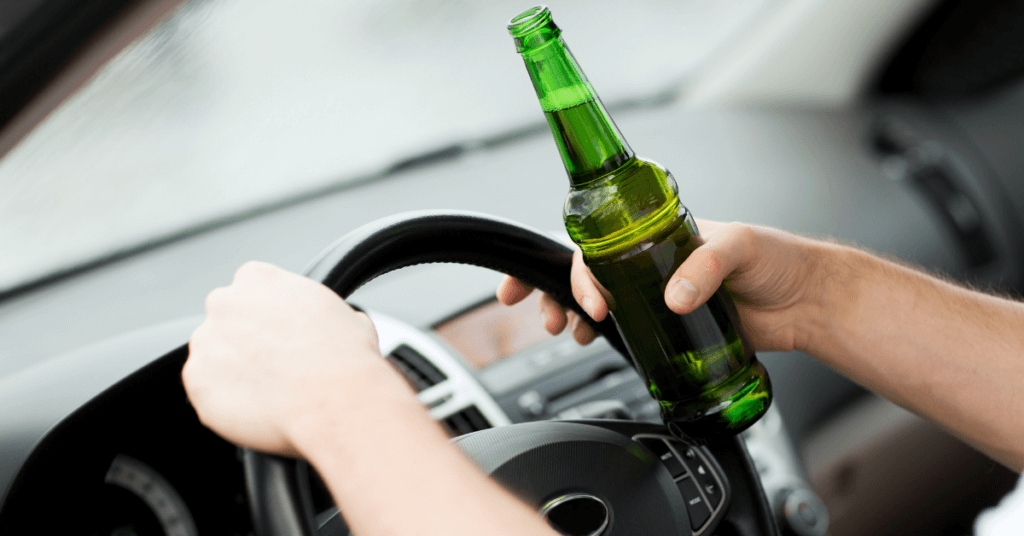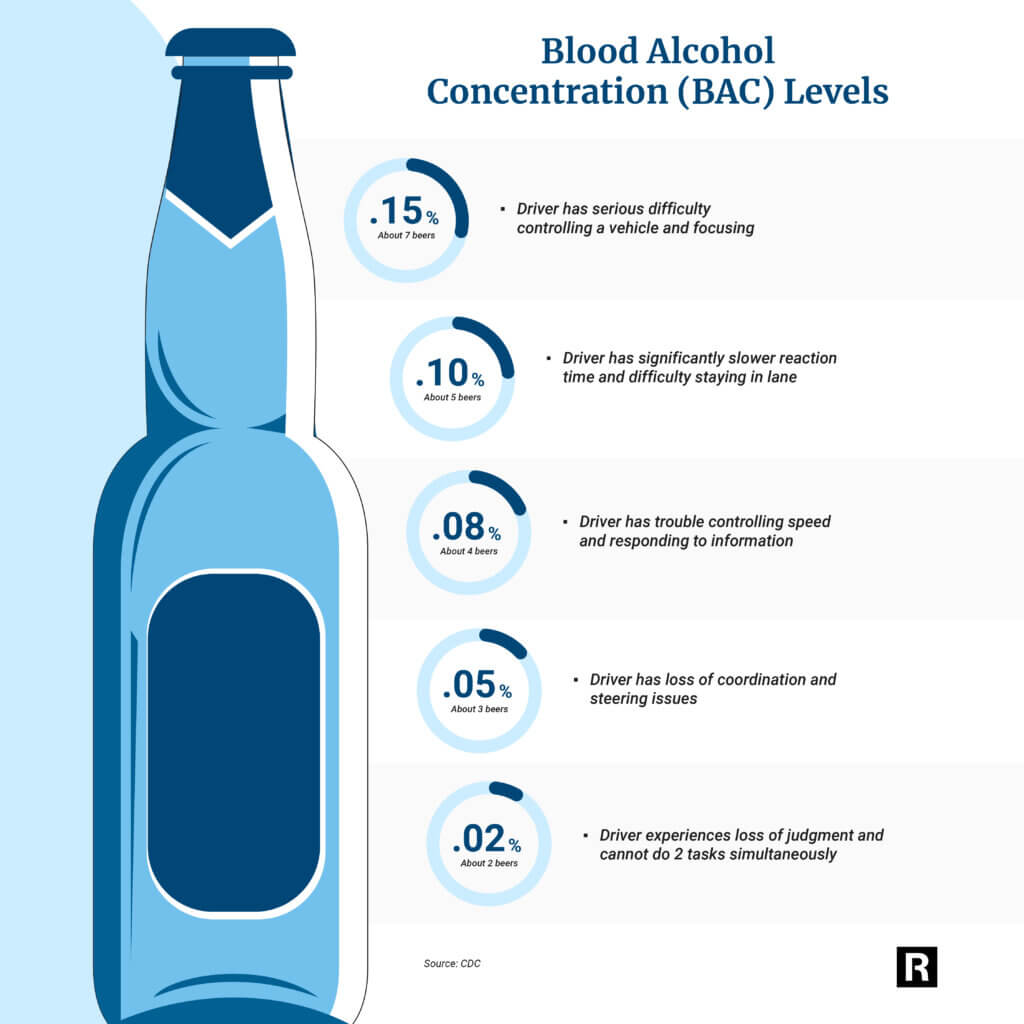
If you or someone you know has had the misfortune of being charged with driving while intoxicated, it can create significant problems for the person’s driving record as well as their driving privileges. It can be especially complicated when that person is facing charges in one state, while their license is from another, such as being stopped in New Jersey while having a New York license. An attorney who specializes in these kinds of cases will be able to assist with the charges their client may be facing and do damage control.
What Is the Process if You Have a New York License?
There are two components to a DWI case. The first is the traffic violation charge, and the second is the administrative component. If you are charged with a DWI in New Jersey, you are being charged with a traffic violation. This means that while you will not have a criminal record from the violation, you can still face jail time and other penalties.
The administrative component, on the other hand, will involve the New Jersey Motor Vehicle Commission (MVC). According to New Jersey law, a person with an out-of-state license may not have their license suspended or revoked within New Jersey. The MVC will, however, revoke the person’s driving privileges within the state of New Jersey. Upon conviction, the state requires the person to be notified, both orally and in writing, of the penalties for a subsequent violation. That person will then have to acknowledge receipt of the written notice in writing. The state will also notify appropriate officials in New York, where they will be subject to New York violation laws upon return. Therefore, the administrative portion will involve both New Jersey and New York.
The Interstate Driver’s License Compact
The Interstate Driver’s License Compact, or “IDLC,” is an agreement among 45 of the 50 states in the U.S. to communicate with one another when someone with an out-of-state license commits a traffic offense in one of their states. New York and New Jersey are two of these 45 states. The IDLC is the reason why New Jersey will report your violation to New York even after you are convicted of a DWI offense in New Jersey. Per the Compact, the home state will treat the offense as if it had been committed at home, applying its own laws to the out-of-state offense. This is codified in New York under NY Veh & Traf L § 1192 (8).
Despite the IDLC, it is not a given that the offending driver will be punished in their home state. The rule is that a member state will only be able to punish its driver for an offense committed in another state if that offense is “substantially similar” to conduct that constitutes an unlawful offense in the home state.
The bottom line is that the IDLC will compel New Jersey to report your violation to New York’s Department of Motor Vehicles. Because New York and New Jersey have similar DWI laws, you will receive certain administrative penalties upon return to New York.

How Does New York Treat a New Jersey DWI?
If you are 21 or older when you commit an alcohol-related driving violation in New Jersey or any other state, a conviction will result in your New York State license being revoked for at least 90 days. Moreover, if a New York driver receives a New York DWI, and has one prior out-of-state DWI conviction, the New York DWI will be considered a second offense due to the fact that the person had a prior DWI conviction in another state. The same applies for two or more out-of-state DWI convictions. New York will consider a subsequent New York DWI offense a third, fourth, etc.
To make matters worse, repeat offenders in New York are subject to higher fines and penalties, and a New Jersey DWI followed by another in New York will automatically make one a repeat offender.
Beating a New Jersey DWI Case
Remember that you are innocent until proven guilty. One way to protect your license is to beat your New Jersey DWI case. To win the case might mean one of two things. Either you go to trial and are found not guilty, in which case you avoid your license being suspended or revoked in your home state, and you retain your driving privileges.
You can also avoid going to trial by pleading guilty to a lesser offense (if available), in which case it is possible that your license may still get suspended or revoked. The silver lining is that it will be for a much shorter time than if you had pleaded guilty to the more serious offense. You may also avoid other penalties in the process by pleading to the lesser offense.
Defenses in Administrative Hearings
In New Jersey, the MVC will decide whether to revoke your driving privileges in the state. Your attorney can assist in your administrative hearing by asking for leniency and permission to drive under special circumstances, such as to and from work. Similarly, in New York, you can only be punished if your out-of-state offense is substantially similar to an act defined as an offense in New York.
These types of DWI cases can be quite complicated and will require the legal skills of an attorney with experience handling them.
Who to Contact for Help
To protect your New York license, you will need to consult with a qualified DWI defense attorney capable of helping you in both your municipal court and administrative cases. For decades the renowned attorneys at Rosenblum Law have successfully operated in both New York and New Jersey courtrooms and administrative hearings. Our first priority is securing the very best outcome for our clients. We stand ready to help you understand the process and defend yourself in your DWI case. E-mail or call 888-815-3649 for a free consultation.
FAQs
A DWI or a DUI is considered a traffic offense and not a criminal offense and there would not warrant jailing or bail unless there was a related criminal offense, such as property damage or possession of illegal drugs.
Convictions for a DWI stay on your record for 15 years from the date of conviction, while convictions for a DWAI stay for 10 years. Note that even if it gets removed from your record that may be accessible to insurance companies and the like, New York will keep a permanent record of all DWI convictions as they do count towards the potential for a lifetime ban.
If a person is over 21 years old, their New York driver license will be revoked for at least 90 days. If the person is under 21, their license can be revoked for at least one year.
There is no difference between Driving Under the Influence and Driving While Intoxicated in New Jersey. The terms are synonymous and are used interchangeably.







 888-815-3649
888-815-3649
